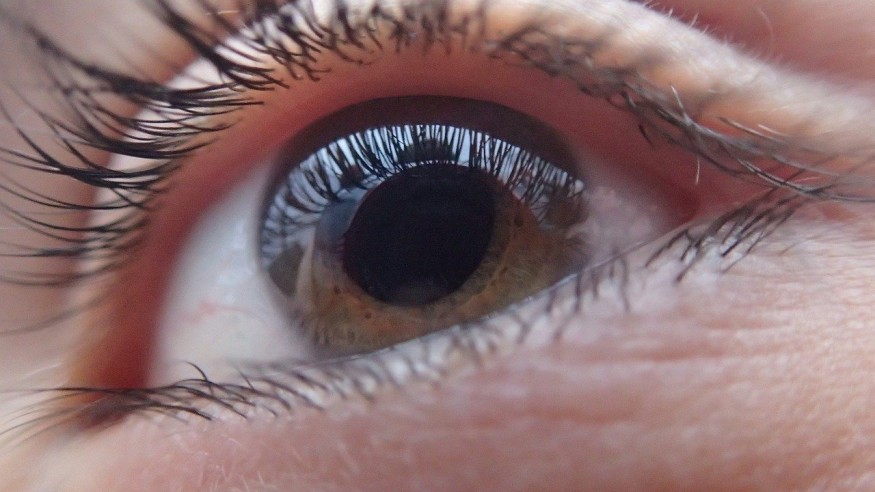Researchers from Linköping University in Sweden made an artificial cornea from pig skin that could end the reliance on human donors and give millions of people around the world their sight back. They also developed a less invasive method for performing corneal transplantation on keratoconus patients.
Keratoconus Affecting the Cornea
According to WebMD, the cornea is the eye's protective layer that serves as the barrier against dirt, germs, and other things that might damage the eye. It also helps filter out some of the Sun's ultraviolet light. About 12.7 million people around the world are blind or visually impaired due to problems with the cornea.
Keratoconus to the eye is characterized by a weakened cornea that loses its natural shape and bulges, eventually becoming cone-shaped. It causes blurred vision and sensitivity to light and glare. The condition could affect both eyes, although it affects one eye more often than the other.
Eye doctors are unsure of what causes keratoconus, Medical News Today reported. But some researchers believe that environmental and genetic factors play a significant role.
For instance, a 2016 study shows that someone with a family history of keratoconus is more susceptible to the disease. Another study from the same year showed that Latino and Black have a 43% and 57% higher risk of developing keratoconus than Caucasians.
Keratoconus can sometimes be corrected with eyeglasses or specific types of lenses, such as rigid gas-permeable contacts, scleral lenses, or piggyback lenses, in the early stages. If these treatments do not work, the last resort will be a corneal transplant.

Corneal Tissue From Pig Skin
El Pais reported that almost 12.7 million people worldwide are waiting for a cornea donation as this membrane is in short supply. For every 70 people needing cornea transplantation, only one is available. Other organ transplantations have the same problem due to the limited supply.
So, Swedish researchers bioengineered corneas from pig skin collagen and tested them in 20 people, of which 14 were blind. The participants were all Iranian or Indian citizens who were followed for two years to monitor. They all showed significant improvement; wherein blind participants regained their vision.
Researchers explained that their goal is to look for an abundant yet sustainable and cost-effective supply of medical-grade collagen. The said collagen is from porcine skin, a purified byproduct from the food industry used in FDA-approved medical devices for glaucoma surgery. Unlike the natural cornea from dead donors, which must be used within two weeks, the bioengineered cornea can be stored for up to two years.
Additionally, the team used a lesser invasive implant technique than the usual one that requires surgical sutures performed in large hospitals. The method they used does not need to remove the patient's tissue because they only need to make a s small incision through which the implant is inserted into the existing cornea.
The participants did not have any adverse effects or complications within two years, and results show that they have similar output as a human cornea transplant. Their vision improved, and the tissue healed quickly within eight weeks of immunosuppressive eye drops that prevented the implant from being rejected. All participants who were blind before the study partially or fully regained sight.
Although it showed promising results, more complex clinical trials are needed to validate the measure and test the bioengineered cornea to be proven safe before it can be mass-produced. The findings of this pilot study titled "Bioengineered Corneal Tissue for Minimally Invasive Vision Restoration in Advanced Keratoconus in Two Clinical Cohorts," were published in the Nature Biotechnology journal.
RELATED ARTICLE: Blind Man Regains Vision After Artificial Cornea Transplant From Israeli Company
Check out more news and information on Organ Transplantation in Science Times.
© 2026 ScienceTimes.com All rights reserved. Do not reproduce without permission. The window to the world of Science Times.












